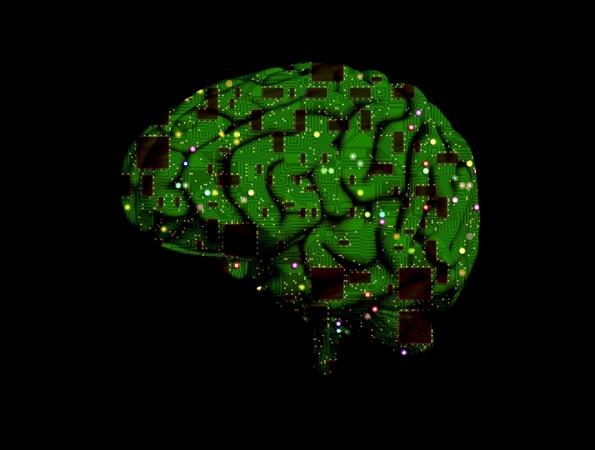
Applying electrical pulses and stimulating the prefrontal cortex of the brain has been found to reduce "intentions to commit aggression" in humans. The same study also reportedly found that the procedure could enhance the perception of moral judgement.
According to a new study carried out by researchers from the University of Pennsylvania, it is possible to reduce the likelihood that a person would commit violent crimes if they had their prefrontal cortex simulated with electricity. They have even published their work in the Journal of Neuroscience as a successful finding, reports StatNews.
Researchers conducted the study on 81 healthy adults with an average age of 20 and assigned them to go through what they call a "transcranial direct-current stimulation". The process was to give one group of the subjects this treatment for about 20 minutes through electrodes attached to the scalp behind the top of the forehead. The other group was to receive low current pulses that lasted just 30 seconds, and then nothing happens. The participants were not aware of whether or not they were given any shocks in both cases, says the report. The subjects were chosen at random.
The dorsolateral prefrontal cortex was chosen because several studies have previously shown that in people who were already seen as "antisocial" or "aggressive" or both, it is this part of the brain that is normally smaller and less active than in people who are not aggressive or antisocial. Those studies were not conclusive on whether the aggressive behavior was caused by an impaired prefrontal cortex or if it is the other way around. That is why the Penn study, conducted a clinical trial, to try and find out the link.
Participants were called on the following day and given two accounts to read; one about a beer bottle smashed being against someone's head, and one about an assailant committing rape. They were then asked how likely they were to do what they read about in real life and rate it between "no chance" to "definitely".
Of the participants who went through shock treatment, 47 percent of them reported a lower likelihood that they would commit physical assault and 70 percent lower likelihood of committing the sexual assault when compared with the control group who were not simulated the previous day.

Also, the brain-stimulated group was found to rate both forms of assault from a more moral standpoint than the control group, saying the acts of violence were morally wrong.
"What people say they will do with regard to violence and what they actually do may be two different things," said Paul Appelbaum, director of the Division of Law, Ethics, and Psychiatry at Columbia University, who was not a part of the study.
"Whether actual violence would be reduced [by brain stimulation] is unknown," but "the data suggest "no impact" on actual aggressive behaviour," he said.
Olivia Choy, this paper's lead author on the other hand pointed out that the zapped group only got one session before the study. "It might be that repeated sessions over a longer time period could produce changes in behaviour, but changes in behaviour start with changing intent," she added.
"We're trying to find benign biological interventions [for criminal violence] that society will accept," Penn psychologist Adrian Raine, who has studied the brain basis of violence and psychopathy for decades, said in a statement. "Transcranial direct-current stimulation is minimal risk. This isn't a frontal lobotomy."
However, said Appelbaum, who remained sceptical about the effects of the brain stimulation.


















